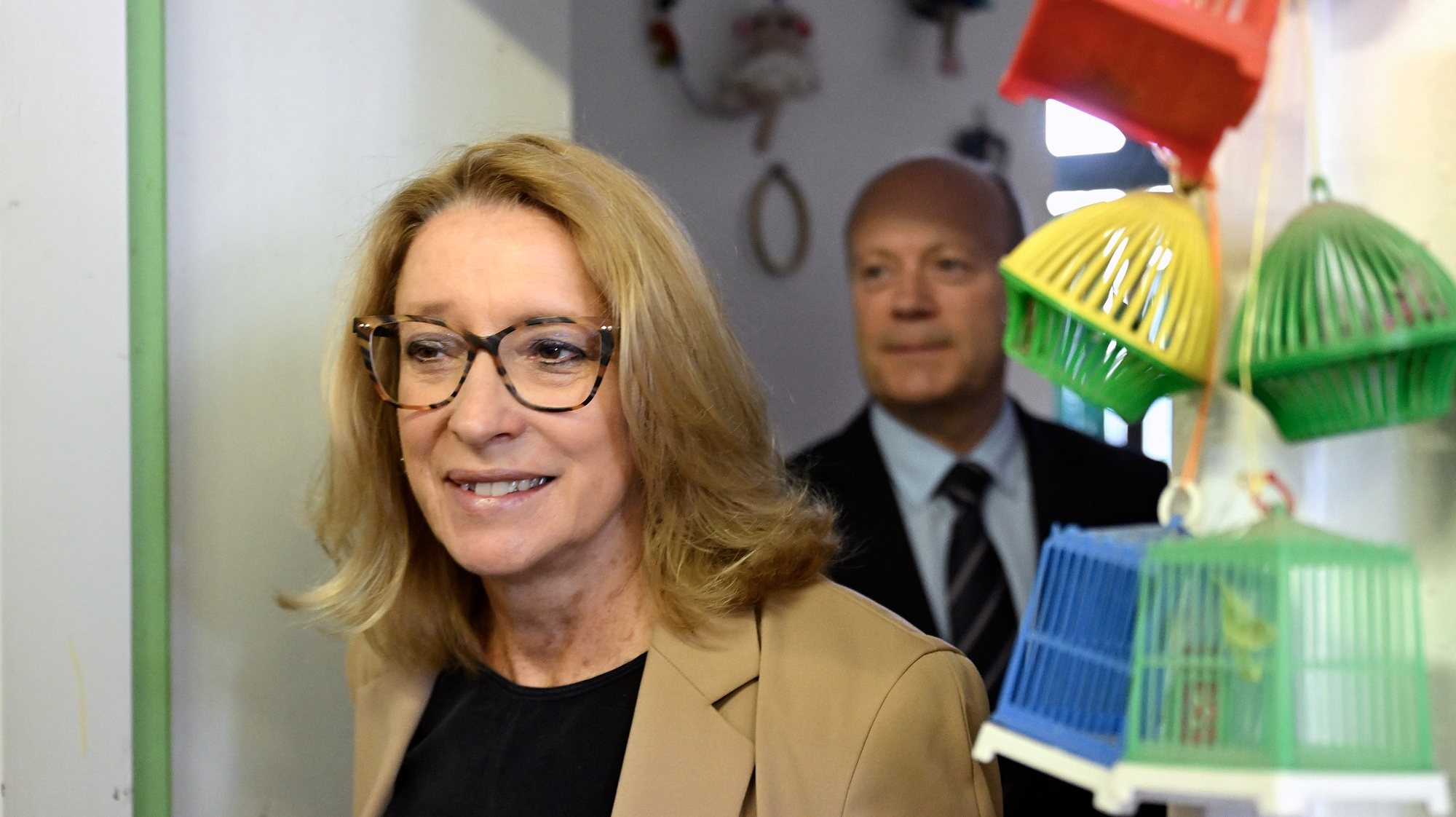The Minister of Labour, Solidarity and Social Security, Rosário Palma Ramalho, considered this Friday that “it is too early” to move forward with the implementation of the four-day week, after presenting the conclusions of a pilot project in this context.
Questioned on the sidelines of the event, at the rector’s office of the University of Porto, where the four-day week was discussed, the government official said: “we are still far away” from a possible regulation of this matter.
“Indeed, we would never regulate without taking this matter to social consultation”, he said.
The minister recalled that the study itself, which had the support of the previous Government, “is seen as a beginning of reflection.”
“It is a study by scientists, therefore, It is a reflection that must continue. and must continue with the companies,” as well as with the workers, employers and unions, he argued.
The four-day week did not affect the profits of most companies. Test coordinators suggest a ten-year plan to generalize it
Rosário Palma Ramalho also warned about possible indirect effects of the model adopted in the study, warning of an increase in gender discrimination, since the results point to greater receptivity of female workers.
“We have a very traditional distribution of social roles in Portugal. and, therefore, women continue to have greater family responsibilities,” said the official, pointing out that measures are needed to promote greater equality and not to “contribute to increasing these responsibilities” in an unbalanced way “on mothers.”
The Portuguese project, launched last year, involved 41 companies, which adopted the four-day week in different formats and implemented several organizational changes.
More than 80% of public administration workers want a four-day week
The conclusions include operational and performance improvements, with only one of the companies having to hire more workers, according to a statement from the IEFP (Institute for Employment and Vocational Training), released last week.
In the end, only four companies returned to the five-day week.
On the part of the workers, the pilot project led to reduced burnout and burnout and an improvement in physical and mental health, and the vast majority want to continue.
Source: Observadora
